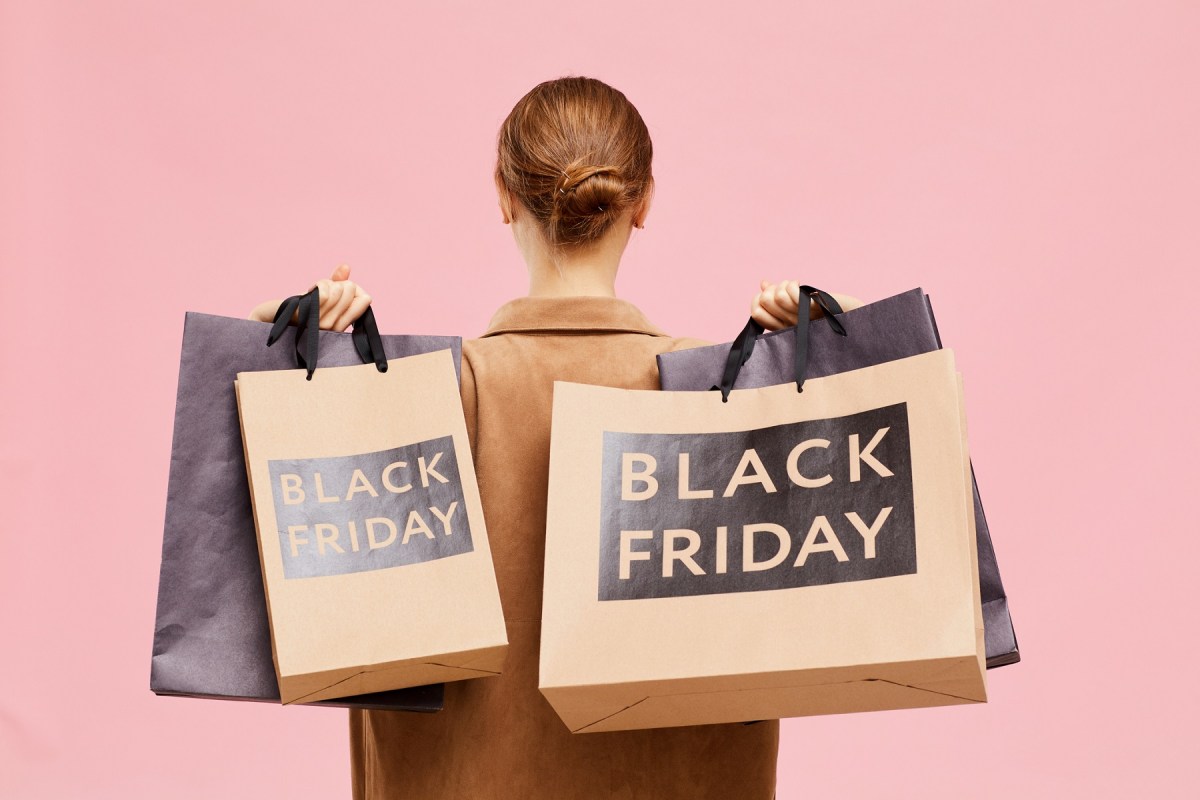Black Friday is set to excite shoppers again in 2020, its third unofficial year in Australia. While the event is traditionally held the day after Thanksgiving Day in the United States, in recent years Australia has enthusiastically embraced the event which has grown to become one of the major sales events of the year. However, it’s important to understand that unlike the United States, where Black Friday is very well-established, the event is still relatively new here and retailers are still learning about how to best respond to the event and how it can benefit their business.
Interestingly, while it is thought that the term Black Friday originated in Philadelphia in response to an increase in traffic and pedestrians after Thanksgiving Day, many retailers view Black Friday as the turning point when they start to turn a profit and therefore go into the black. In 2020, this analogy rings true after the devastating impact of the coronavirus pandemic that has squeezed many people’s back pocket.
Hygiene management
Despite the challenges this year, retailers are expecting little difference to previous Black Friday sales events. While physical stores may experience a slight dip as some people choose to shop online due to health concerns, crowds are still expected to visit bricks and mortar stores. Shopfronts will therefore have the added responsibility of implementing a crowd management response; more staff will be required to control shopper traffic into stores and some smaller retailers may encourage a quicker ‘in and out’ approach due to social distancing regulations. There will also be a requirement to continue managing store hygiene from hand sanitising upon entry to cleaning store surfaces and high touch point areas more frequently.
Capitalising on pre-Christmas sales
With Christmas just weeks away, there is a compelling opportunity to capitalise on the shopper sentiment in the leadup to Black Friday. Consumers will be flooded with promotional offers, catalogues, and advertising in the days and hours prior to the event. The shopping frenzy is then expected to continue a few days later on Cyber Monday, where new or deeper discounted offers that are traditionally skewed towards e-commerce will keep tills ringing.
“While many promotions are offered as one day only specials for Black Friday only, more businesses are continuing the sale into the weekend for those who can’t reach a physical store on the Friday,” said Anthony di Francesco, Director Client Service, CROSSMARK.
Managing supply chain issues
COVID-19 supply chain issues across international markets is also taking effect as the pandemic drags on and consumers will be vying to secure limited stock on a first in and first served basis. Home entertainment, home improvement, appliances and health have been big spend categories over the past six months and it will be interesting to see if Black Friday trading is a gauge to determine if buyer fatigue has affected these categories or if it continues to capture market share.
“Certainly, items with a decent RRP reduction will be key to enticing customers to buy on the spot, possibly make impulse purchases with the sweetener of strong tactical promotions that will appeal to people who’ve had their eye on an item and looking to swoop on a good deal,” continued Mr di Francesco.
Boxing Day stock issues
Australians are now well educated about the online shopping experience and are empowered with information on product and price to determine what they buy and what retailer they will buy from. Yet with the pandemic impacting on supply chain, and production issues impacting availability, what’s available on Boxing Day will be heavily driven by what’s available at the time and whether retailers can justify putting certain products on sale. Therefore, Black Friday sales present a smart purchasing opportunity for those seeking a certain item which may not be available later in the year.
Leveraging field staff
While field merchandising staff have historically provided valuable assistance during Black Friday by setting up stock and instore sales promotions, there has been a new shift to providing virtual retail assistance and e-commerce support. “CROSSMARK has been proactively adapting to what the retail market requires, including increasingly helping clients with their digital retail requirements. For instance, this year due to COVID-19, CROSSMARK has provided help with virtual ambassador assistance utilising live-chats to help brands keep up with the increased demand for customer service by helping to manage enquiries. While consumer-facing field staff traditionally support by selling products directly to consumers in-store, that has been challenging during the pandemic, so we’ve had to adapt,” said Anthony di Francesco.
For retailers, the core duties of merchandising, ticketing and promotional tactics remains crucial to capturing sales, using data intelligence to identify purchasing trends and tailoring sales trends to specific areas. With less people working in the central business districts, there has been a shift to local stores within neighbourhoods and less traffic into flagship CBD stores, therefore some local retailers may also consider capitalising on Black Friday sales by increasing their normal store trading hours to help increase sales in what has now become an event marking the early wave of Christmas trading.
Anthony di Francesco is director client service at Crossmark

